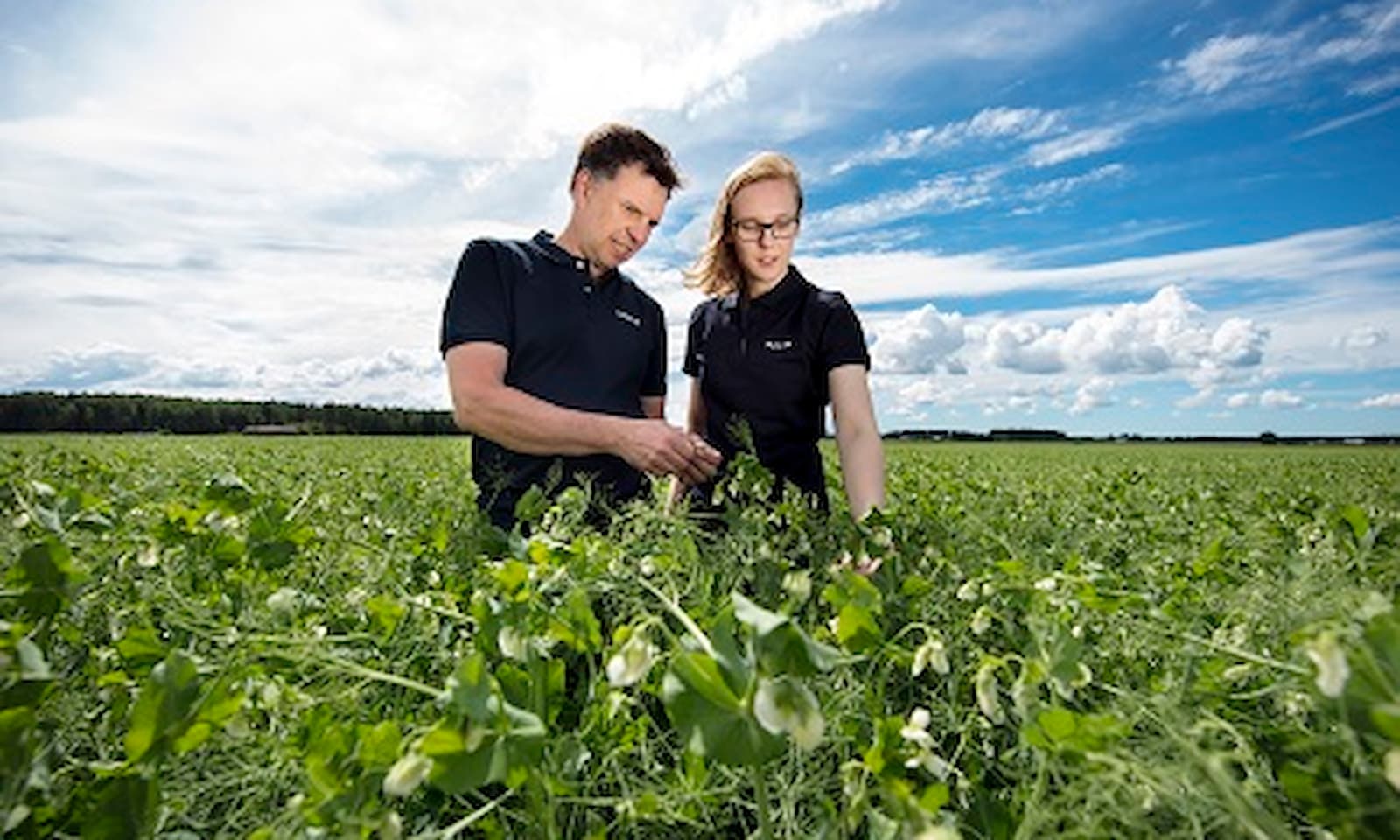Mikael Toverland is responsible for the transport planning at HKScan in Sweden. For Mikael, the best thing about being a transport manager is that one day is never the same as the one before. There is always something happening. Together with his team, he is looking for smart solutions and developing activities. Reducing costs in transport also reduces the carbon footprint, which is great! The better we plan and the fewer kilometres we drive, the greater the benefits for the environment.

Mikael, how many employees work within transport planning at HKScan in Sweden, and are all the roles similar?
I am head of the transport planning department, but the team also includes five planners who are responsible for a group of hauliers. In addition to the planning itself, we also manage the calls from the farmers and make the planning for the animals coming from our suppliers to our production units every week.
Describe how one of your working weeks can look like?
At the beginning of each week, we make a rough plan for the following week. The plan is constantly changing and being updated according to the requests we get from the farmers. With the preliminary plan as our base we try to plan the transports for the week. The transports are not only based on the requests from the farmers, but also on sales volumes and our product categories. When this is done we can work out a precise schedule with the transport companies. At this point, the week is already coming to an end and we also need to get back to the farmers and let them know when their animals will be collected. The transport planning is dependent on many actors and the key is to keep contact with all of them. This results in us making about 650 calls outside HKScan every week.
How can people working in transport influence HKScan’s environmental work?
Above all, we influence environmental matters through careful planning. Today, we drive between 3,500 and 4,000 kilometres less per week than before. All calls with the transport companies and farmers are important and makes a big difference since they help us make more precise plans.
What will you focus on in the future?
The key is to improve the filling rate of transports and to optimise transports in order to increase efficiency and further reduce the number of kilometres driven. To develop our digital systems further are also important when it comes to transport planning.
What’s the best thing about your work as Transport Manager?
There’s always something going on! Together with the team, we are looking for smart solutions and improving our operations. Reducing costs in transport also reduces the carbon footprint, which is rare! The better we plan and the fewer kilometres we drive, the more it benefits the environment.



